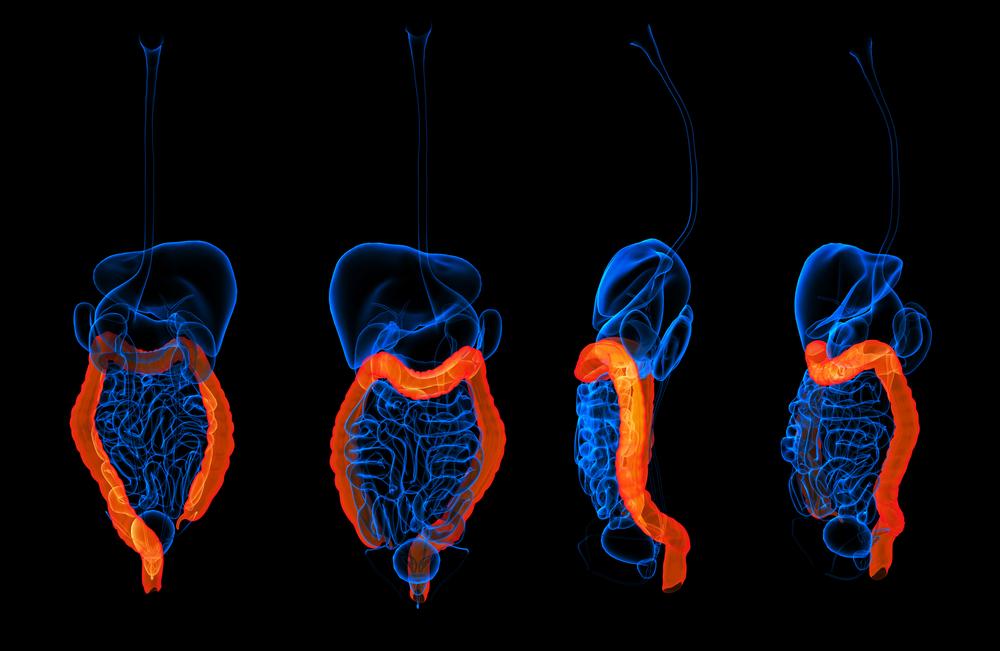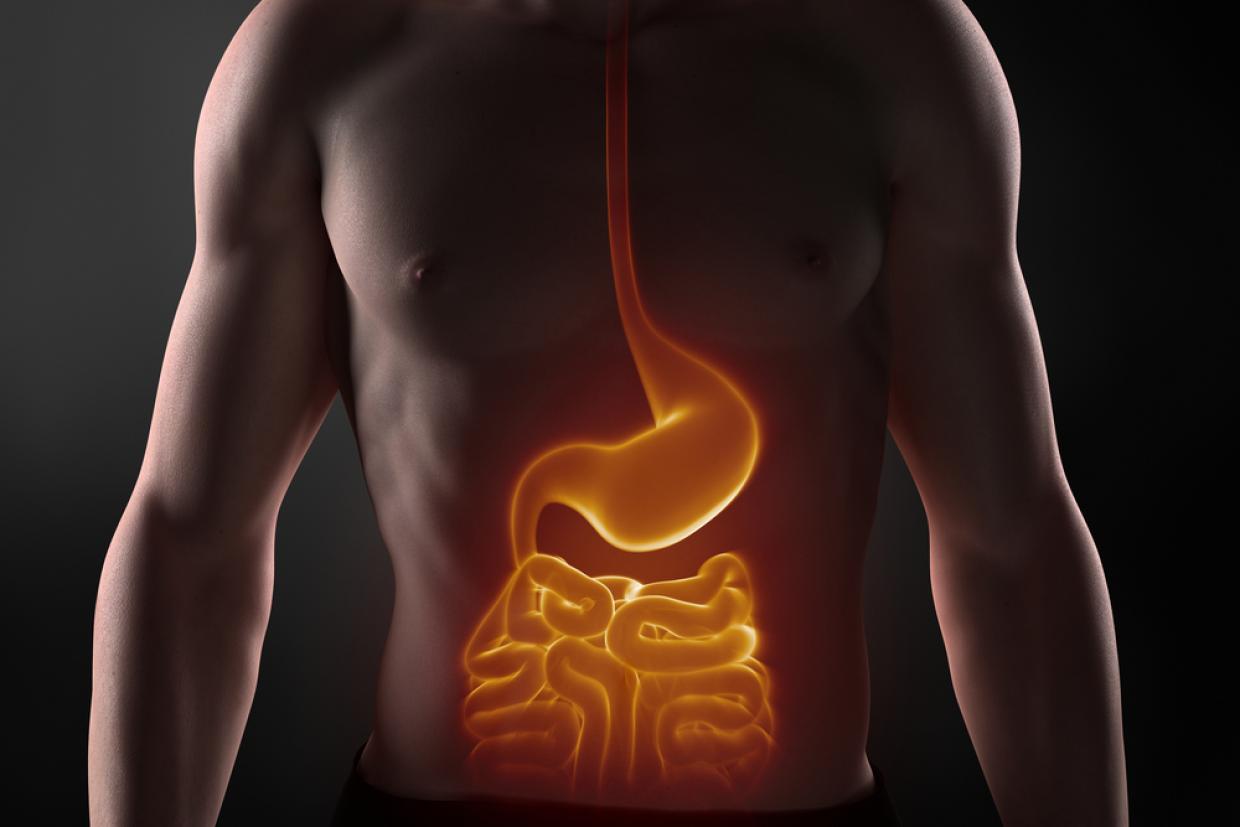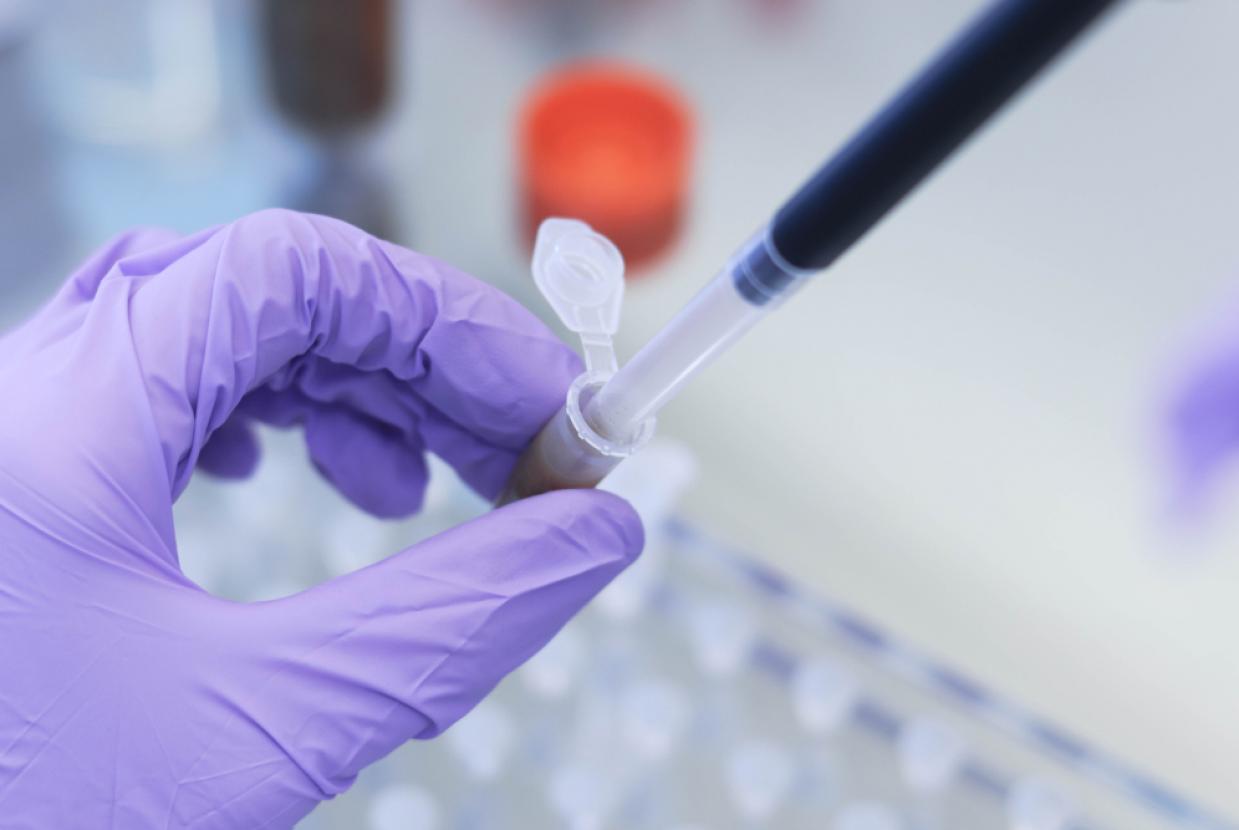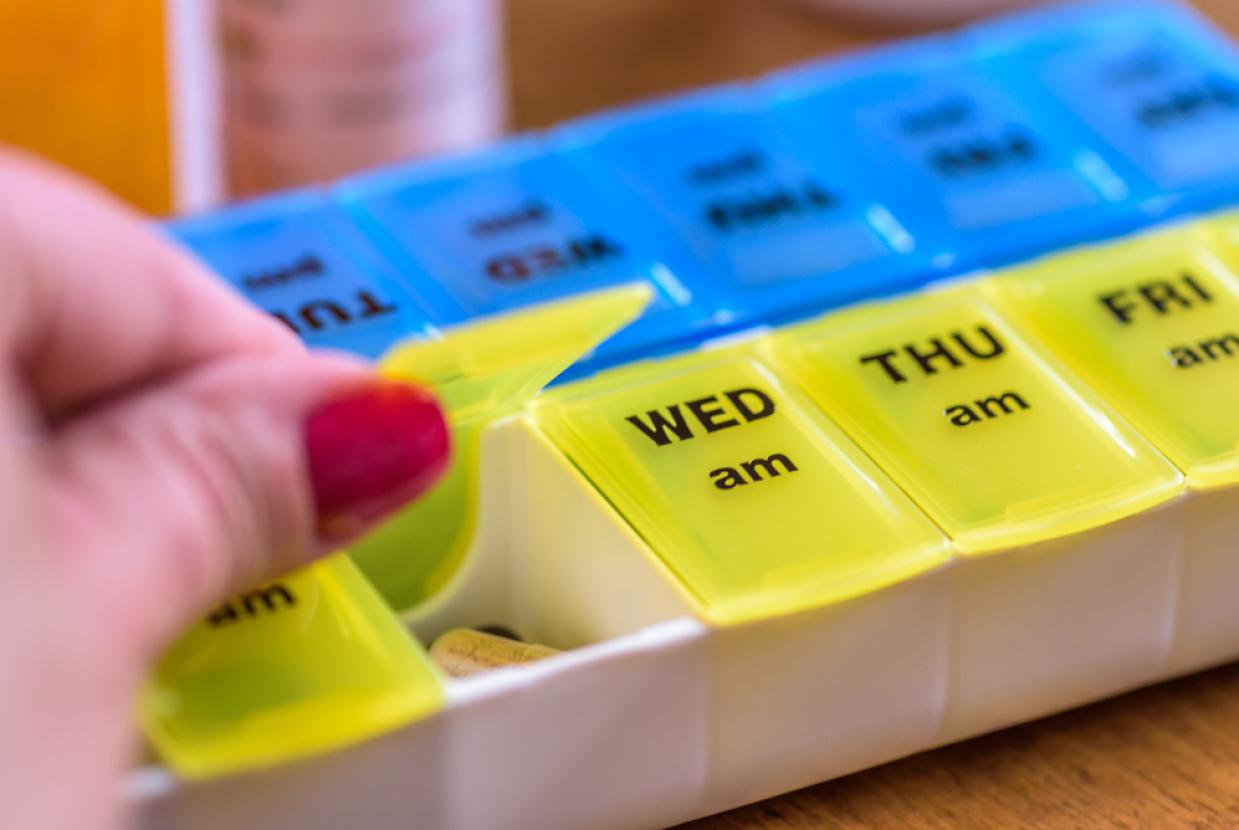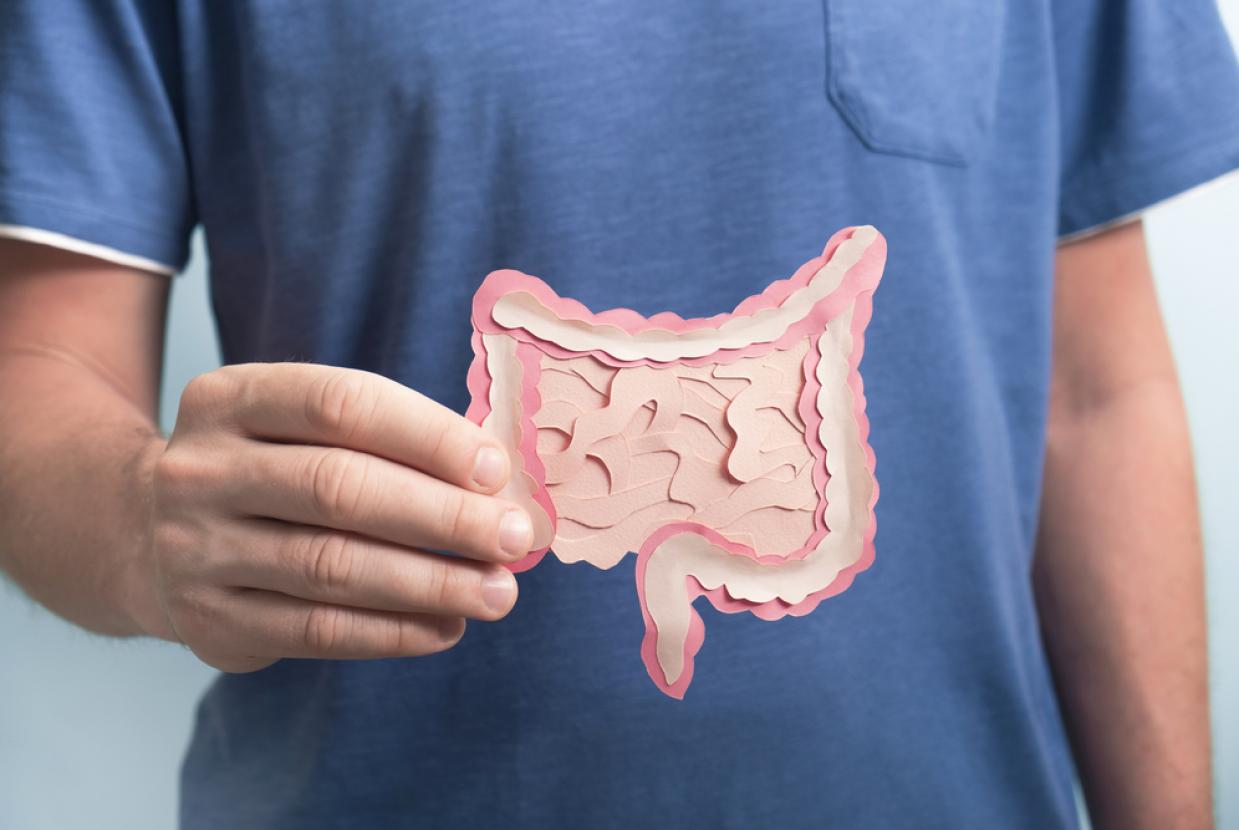Microscopic Colitis
Microscopic Colitis is a type of Inflammatory Bowel Disease. When you have Microscopic Colitis your immune system does not work properly, causing inflammation. This can lead to frequent, watery diarrhoea that keeps coming back. It can also cause tummy pain, fatigue and bloating.
Microscopic Colitis is a lifelong condition. But the right treatment can make a huge difference to your quality of life. This can help you get your condition under control, and there will be times when you have fewer symptoms or none at all. But you may also experience relapses, when your symptoms return or get worse.
As information about the condition increases, it is becoming better known and understood. More cases are being diagnosed as our understanding develops.
How does Microscopic Colitis affect the gut?
Microscopic Colitis affects the colon, which forms part of the large bowel. Normally, your colon absorbs water from digested food, which helps you pass a solid, soft and well-formed poo. But when the colon is affected by Microscopic Colitis, it cannot absorb as much liquid. This can mean that fluid builds up, producing a large amount of watery diarrhoea.
The walls of your colon have layers. In Microscopic Colitis, the inner lining becomes inflamed. This inflammation can only be seen when a sample of tissue, known as a biopsy, is taken from your colon and looked at under a microscope.
Types of Microscopic Colitis
There are two main types of Microscopic Colitis:
- Lymphocytic Colitis, or LC – this diagnosis means that your biopsy shows that the inner lining of your colon has a higher number of white blood cells, known as lymphocytes.
- Collagenous Colitis, or CC – this diagnosis means that your biopsy shows that the inner lining of your colon has a thicker layer of collagen than usual. Collagen is a protein that helps in providing structure in the body. In CC, there may also be more white blood cells in the lining than usual.
These two main types of Microscopic Colitis look different under the microscope. But the symptoms and treatment are the same.
Microscopic Colitis incomplete
Sometimes, a biopsy sample may not look healthy but a diagnosis of LC or CC cannot be made. This may be because the number of white blood cells is not high enough and the inner lining may not be thick enough. If this happens, you may be given a diagnosis of Microscopic Colitis incomplete, also known as MCi.










